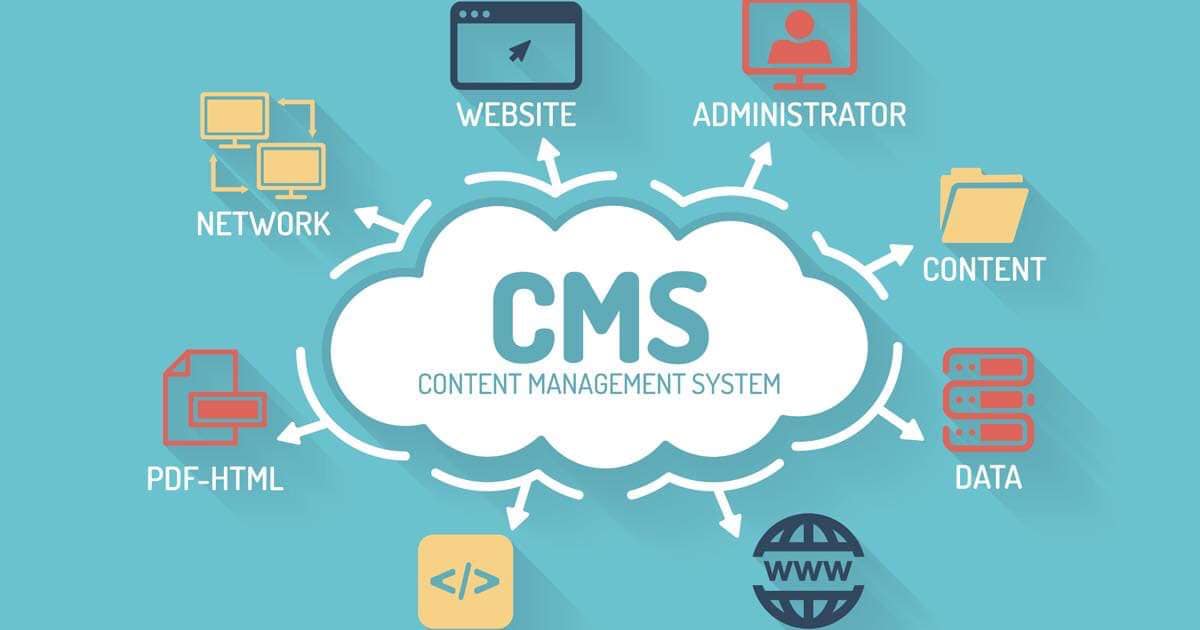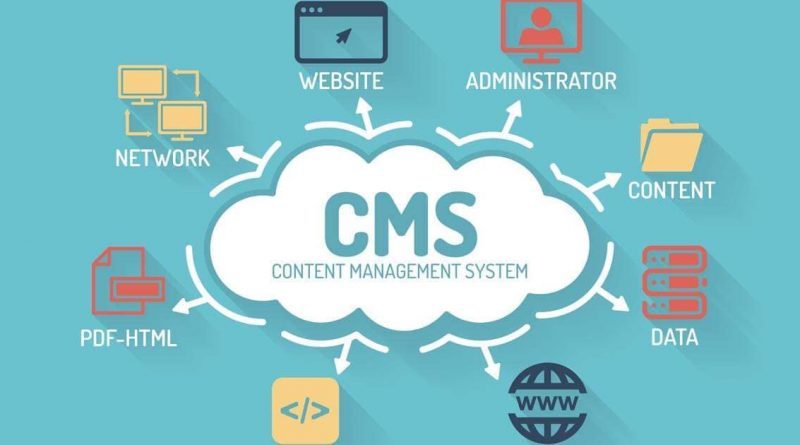Content Management System (CMS) Platforms (Part -1)
Content Management System (CMS) is basically the technology that is created to write the website especially for the common people who are not familiar with the data of website writing. Likewise, it can help to create a dynamic website without writing too much coding. A content Management System is generally also a web application itself. There are two interfaces in CMS: front end and back end. The front end is the interface that the user can use and the back end is the management interface that can manage the content of the website. There will be protected with passwords in Backend management in order that the webmaster who has the permission can only use it. Although Backend management can be carried out individually or by the team, it has to give the authority to use it.Content Management System (CMS) is usually arranged for many important activities mainly such as content management, User Account management, Content Meta: categories and tags management, design layouts management, easily and quickly pages and posts management.
CMSs have been used by many developers for many years, and they must invest a lot of time and money to create a completely perfect system. Although the securities, easy to maintenance, the capability are not comprehensive, the access to these ready-to-use features has become an advantage of CMS.  Phtoto Source https://web.facebook.com/RainbowTechnology.Myanmar/?ref=page_internal
Phtoto Source https://web.facebook.com/RainbowTechnology.Myanmar/?ref=page_internal
In this kind of case, the website and web app can be mixed up. Though CMSs can be used to build up a variety of content-based websites, you have to build up by either your own or using the web application framework to create the applications, customized functions, structures, customized functions, structures, and applications.
(1) CMS Platforms
Many CMS platforms have emerged these days. They stand with their advantage in each; some platforms are open-source and can be used freely, while some are commercial. But there are not that many the most prominent and widely used platforms until now. There are three most prominent and widely used platforms WordPress, Joomla, and Drupal. Since they all cover “information” concerning the website, they can also be called General purpose CMS. That is why these three platforms have become the most commonly used CMS worldwide. The websites of various companies, web portals, media websites; eCommerce websites can be even created by these CMS platforms.
(2) WordPress
WordPress is the most used and the widest community CMS platform in the world. According to the survey in 2021, 43.41% of the 64 million websites that use CMS on the internet are created with WordPress, making it one of the largest markets. WordPress is developed by two developers: Matt Mullenweg and Mike Little, and the first version was announced in May 2003. WordPress is usually used for the websites such as Blogs, News, and magazines, Business, E-Commerce, Photography, and Portfolio. With over 54,000 free plugins, you can customize the functionality and features of your website with custom plugins for the functions you need.
There is a difference between wordpress.org and wordpress.com. The main difference between these two is hosted and self-hosted. The main WordPress software package can be downloaded from wordpress.org. These sites are able to visit for more details.
You can create to use WordPress especially without knowledge of coding. You can make money from a website written in WordPress. There are many free themes and plugins, as well as paid ones. WordPress also does a lot in the function of SEO. You can easily create URLs, categories, and tags for SEO. There are also dedicated SEO plugins in order to get more people to visit the website. Being open source and free, the community is huge.






